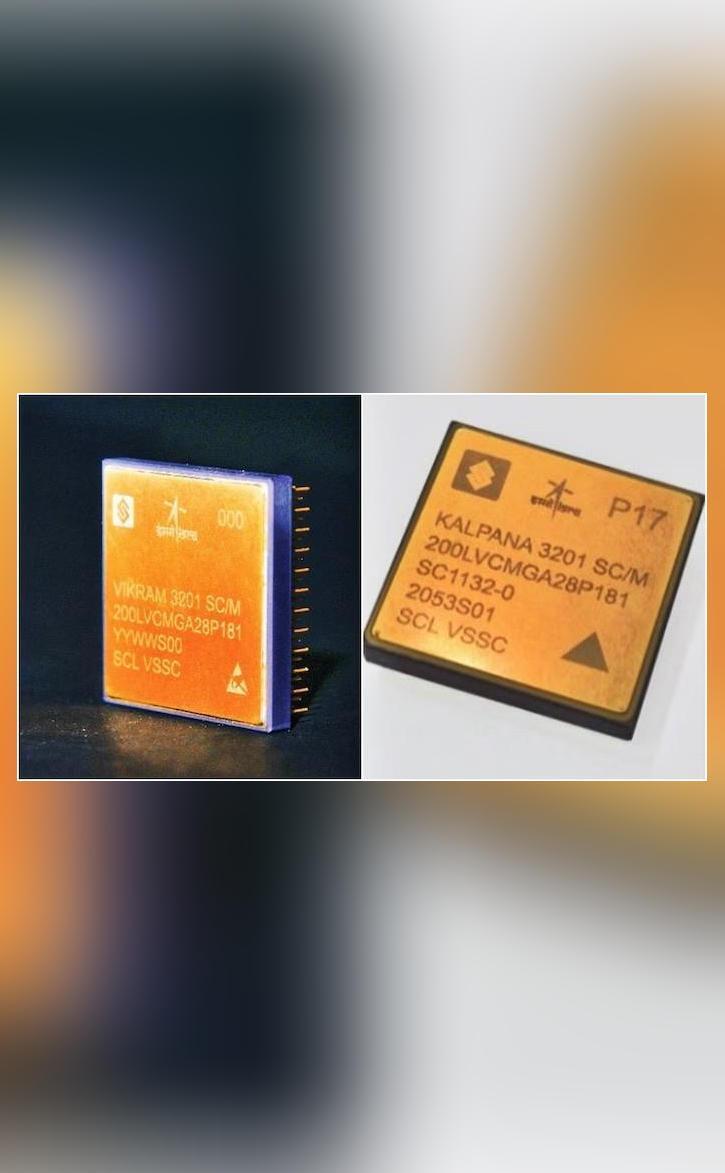
ISRO & SCL Develop 32-bit Microprocessors for Space Applications
In a significant milestone for the Indian space industry, the Indian Space Research Organisation (ISRO) and the Semiconductor Laboratory (SCL) in Chandigarh have jointly developed two 32-bit microprocessors, VIKRAM3201 and KALPANA3201. These microprocessors have been designed specifically for use in space applications, marking a major achievement for India’s space program.
The development of these microprocessors is a testament to the capabilities of Indian industry and academia in designing and manufacturing cutting-edge technology for space exploration. VIKRAM3201 is particularly noteworthy, as it is the first fully “Make-in-India” 32-bit microprocessor to be qualified for use in the harsh environmental conditions of launch vehicles, as announced by ISRO.
Background
The development of microprocessors for space applications is a challenging task that requires a deep understanding of the unique environmental conditions encountered in space. Launch vehicles, in particular, are subject to extreme temperatures, radiation, and vibrations, which can significantly impact the performance and reliability of electronic components.
ISRO has been actively pursuing the development of indigenous microprocessors for space applications to reduce dependence on foreign technology and to enhance the country’s capabilities in space exploration. The collaboration with SCL, a leading research institution in the field of electronics and semiconductors, has been instrumental in achieving this goal.
Key Features of VIKRAM3201 and KALPANA3201
The VIKRAM3201 and KALPANA3201 microprocessors are designed to operate in the harsh environment of space, with a focus on reliability, performance, and power efficiency. Some of the key features of these microprocessors include:
- 32-bit architecture: Both microprocessors are designed with a 32-bit architecture, which provides a higher level of processing power and memory addressing than 16-bit or 8-bit microprocessors.
- High-speed processing: VIKRAM3201 and KALPANA3201 are capable of processing data at high speeds, making them well-suited for applications that require rapid processing and analysis.
- Power management: The microprocessors are designed with power management features to minimize power consumption and extend battery life.
- Radiation tolerance: The microprocessors are designed to operate in environments with high levels of radiation, making them suitable for use in space applications where radiation is a significant concern.
- High-temperature operation: Both microprocessors are capable of operating at high temperatures, making them suitable for use in launch vehicles and other space applications where high temperatures are a concern.
Applications
The VIKRAM3201 and KALPANA3201 microprocessors are designed for use in a variety of space applications, including:
- Launch vehicles: The microprocessors are qualified for use in launch vehicles, where they will be used to control and monitor various systems.
- Satellites: The microprocessors are designed for use in satellites, where they will be used to control and monitor various systems, including power generation and distribution, communication systems, and navigation systems.
- Space exploration: The microprocessors are designed to operate in the harsh environment of space, making them suitable for use in a variety of space exploration applications, including planetary exploration and deep space missions.
Impact
The development of VIKRAM3201 and KALPANA3201 microprocessors is a significant achievement for the Indian space industry, marking a major milestone in the country’s efforts to develop indigenous technology for space exploration. The microprocessors will enable ISRO to develop more advanced and reliable space systems, reducing dependence on foreign technology and enhancing the country’s capabilities in space exploration.
The development of these microprocessors is also a testament to the capabilities of Indian industry and academia in designing and manufacturing cutting-edge technology for space exploration. The collaboration between ISRO and SCL has demonstrated the potential for Indian industry to develop high-technology products for space applications, paving the way for further collaborations and partnerships in the future.
Conclusion
The development of VIKRAM3201 and KALPANA3201 microprocessors by ISRO and SCL is a significant achievement for the Indian space industry, marking a major milestone in the country’s efforts to develop indigenous technology for space exploration. The microprocessors will enable ISRO to develop more advanced and reliable space systems, reducing dependence on foreign technology and enhancing the country’s capabilities in space exploration.
As the Indian space industry continues to grow and evolve, it is likely that we will see further developments in the field of microprocessors for space applications. The collaboration between ISRO and SCL has demonstrated the potential for Indian industry to develop high-technology products for space applications, paving the way for further collaborations and partnerships in the future.
Source:






